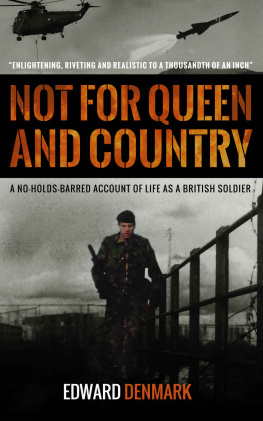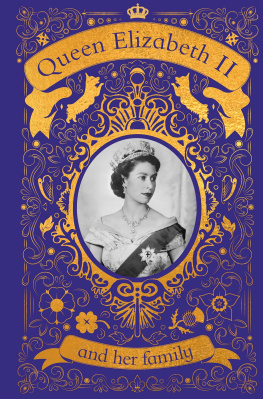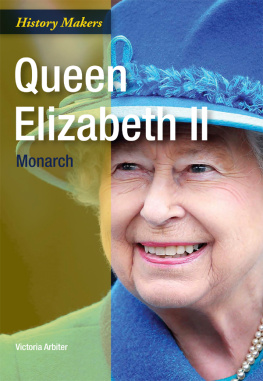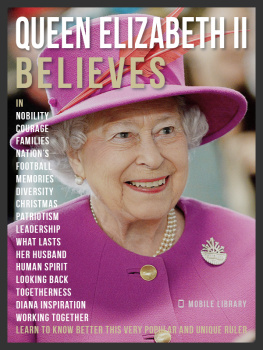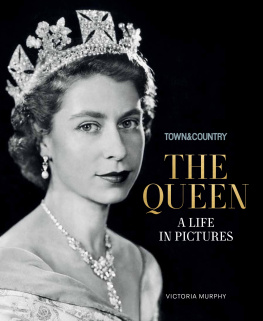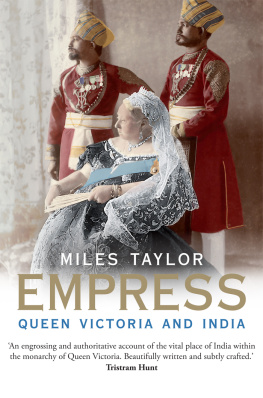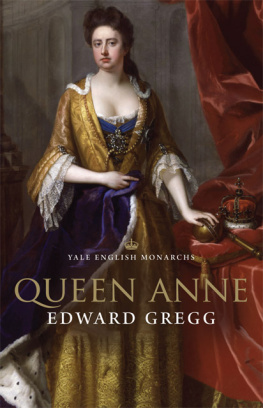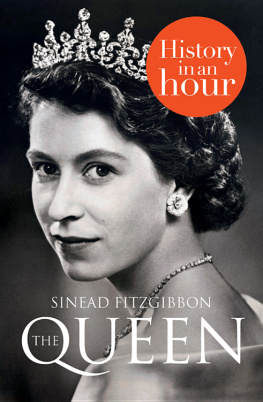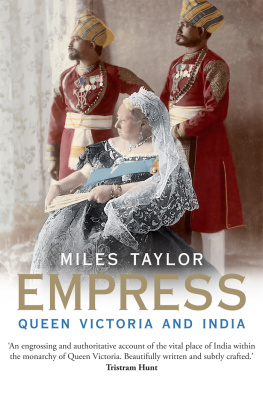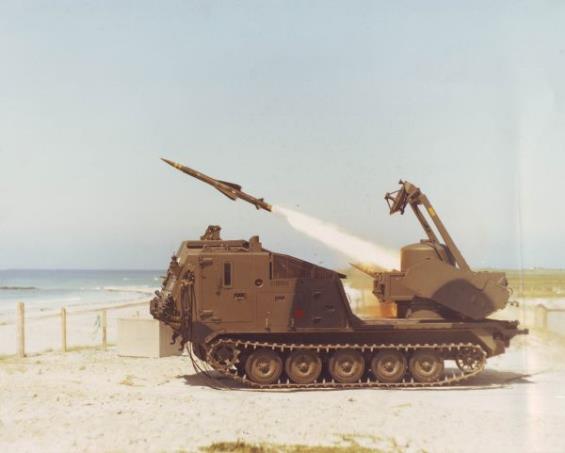Public interest in military matters issuch that most bookshops have a section devoted to military affairs.
The range on offer varies from glossycoffee-table reference through anthologies of military writing to thebiographies and autobiographies of famous commanders past and present. At leasttwo shelves will be devoted to works concerning the Special Air Servicessome full of recycled fiction purporting to be fact, and others with dramatictitles that tell hair-raising stories - which the authorities back in Herefordwould rather have remained untold. Presumably, it will not be long before the SASBook of Flower Arrangement, The Special Forces Guide to Origami and theSBS Manual of Underwater Basket Weaving feature on some publishers list.The magic SAS acronym seems to sell books by the hundred- weight.
It is a genuine pleasure therefore toread the account of an ordinary soldier who has done some extraordinary things.Edward Denmark joined the Army in 1980 as a Gunner and specialised in missileanti-aircraft defence. In this role, he protected me and my teams at Ajax BayField Hospital, Falkland Islands, in 1982. I can recall with gratitude theflaming wreckage of an Argentine Air Force Skyhawk falling into SanCarlos water on 25th May having received a Rapier missile from T Battery (ShahSujahs) of 12 Regiment Royal Artillery up its tailpipe. We were equallypleased to be able to treat the pilots fractured knee following hissuccessful, but very very low level ejection.
Edward Denmark went on to attemptparachute selection, which he failed due to illness, but which is reportedhonestly and directly here. This was followed by service in Northern Irelandwhich is also described with a vivid detail that makes it a genuinecontribution to the often fanciful literature on that tortured province. The mainlandBritish public is often reluctant to think too deeply on the subject of troubleover the water, but reading this will help to create more informed opinion -and perhaps make people realise that the freedoms they take for granted have beenfought for in the past and are still worth fighting for now
Who is a smart boy then?! cooed myparents. It was my first day at school and I still remember how proud I feltwith my new togs on. This was no mean feat as I was one of ten children, withtwo brothers and seven sisters, and money was very hard to come by. Despitethis, we were all clean, well dressed and looked after. I was closest to two ofmy sisters, Mary, who is one year younger, and Ali, who is a year older. Therest of my brothers and sisters were older and were either working or at highschool. My father was an officer in the Merchant Navy and so was not home veryoften. It must have been a hard struggle for my mother trying to raise herbrood. We lived in Moreton on Wirral, a peninsula situated between theestuaries of the River Mersey and the River Dee looking out to the Irish Sea.At this time, in 1966, it was still classed as Cheshire, not becomingMerseyside until 1974.
Despite the lack of money, I stillrecall those early days with fondness: Days out to the beach, the smell ofbaking as my mother turned out tray after tray of cakes. Our home, sparse ofany real furniture, was always kept clean and tidy. It must have been a losingbattle with us all running around.
However, when I was about nine or tenyears old things began to change for the worse. I was sent to school with my shoesunpolished, the odd rip in my trousers, odd socks on and my hair left uncut. Mysisters appearance had taken a turn for the worse as well. Because of mytender years. I never questioned why this was happening, but the other kids inschool were quick to notice and as a result my two sisters and I began to getbullied. I was kicked and punched but it was the verbal abuse I hated the most,all the name calling. Life became very miserable indeed.
When I reached the age of twelve orthirteen, I began to fight back and, like bullies the world over who meet with someresistance, they left me alone in search of easier prey. But things at home gotno better. The reason for our misery and scruffy turnout was now understandableto me even at my tender years. My mother was drinking - and drinking a lot.
At what stage she succumbed to the bottleI still dont know. By now my father had returned from sea for good and he wasworking in the local chocolate factory, Cadburys. Most of my sisters and twobrothers had married and left home. It was around this time that I joined thelocal army cadet force. One of my friends had joined and seeing him in hisuniform for the first time I knew I had to give it a go. He took me and my mateMick along to one of the drill nights. I loved it; this was my oasis. I rememberthe night I picked my uniform up. There were ten of us stood around outside theregimental sergeant majors office. We had all joined within a few weeks ofeach other.
YOU SHOWER GET IN HERE! bellowed avoice from inside the office. We all squeezed in. The RSM was sitting behindhis desk a plump man with a ruddy face. Out of the corner of his mouth hung acigarette.
We only have five uniforms toissue tonight, he said. My heart sank. So the rest of you will just have towait.
Right! Get a two bob piece out of yourpockets, shouted a sergeant who was standing in the corner. Three of those presentdidnt have one, so they were told to piss off. The odds were getting better.Right, those who get heads get their uniforms, those who get tails wait, andhe beamed we will flip till we only have the five, so dont get too excited.
I flipped my coin and looked down,TAILS. Without a moments hesitation I turned the coin over. I felt the colour drainfrom my face. Had I been seen? No, but my hands were shaking. Only four of usgot heads so we left the office while the tails flipped for lastposition. I did feel a bit guilty, but I got my uniform home, I put it straighton and ran down to the local chippy to try it out.
I had some wonderful times in the cadetsgoing away for weekends and summer camps. Sitting in the cookhouse on oneparticular weekend in Altcar, near Southport, a few of the local territorialarmy walked in, their faces smeared in camouflage war paint, carryinghuge machine guns. I stared in awe. These were the first real soldiers I hadseen. Thats what I want to be, I thought.

